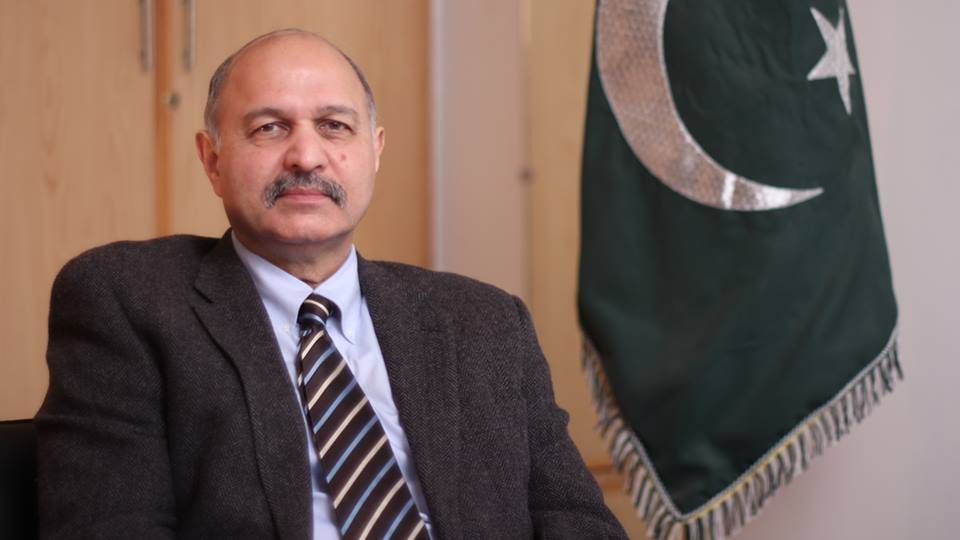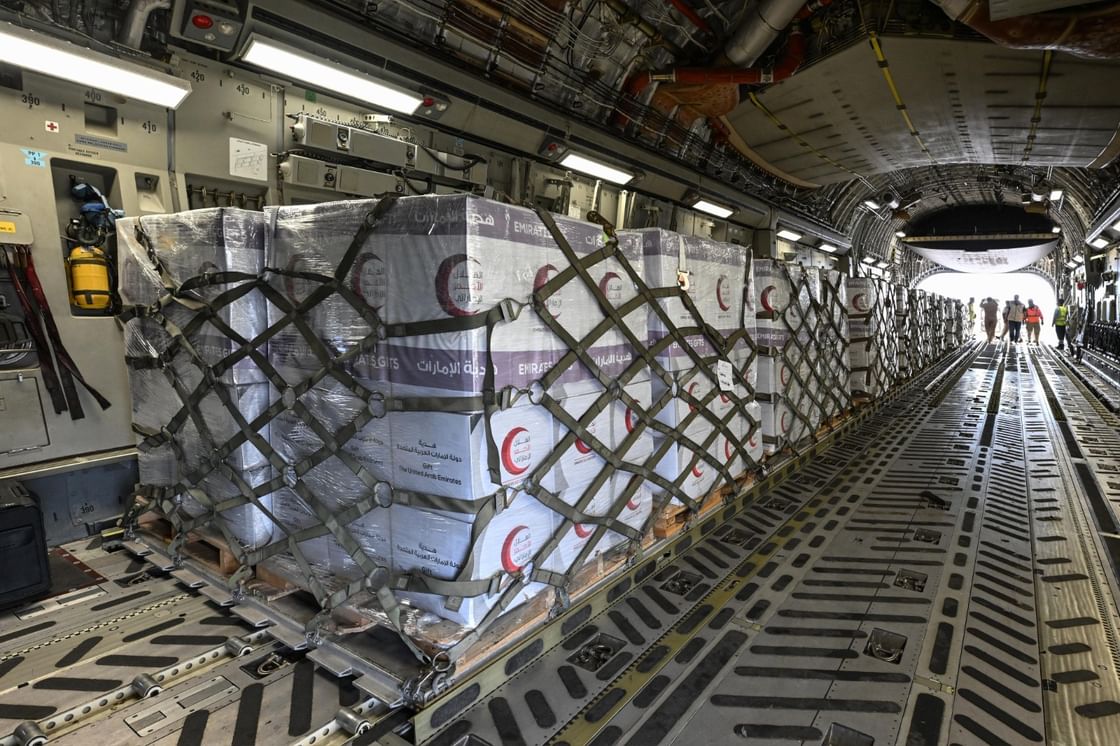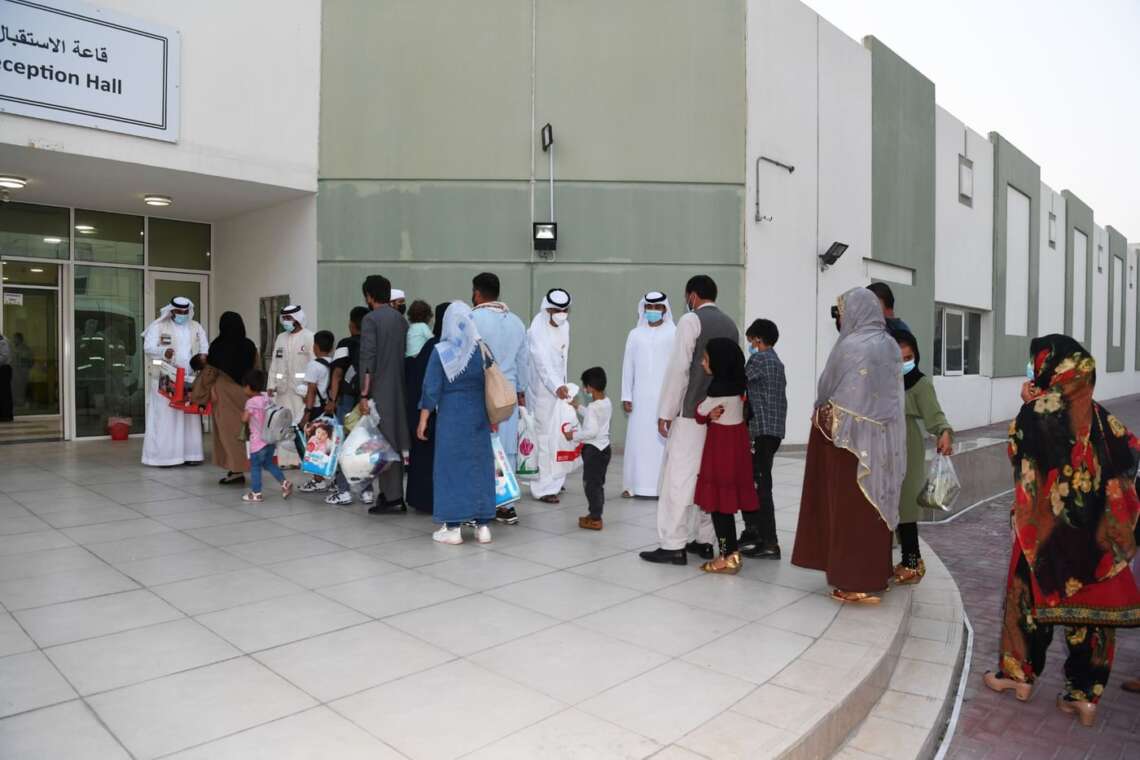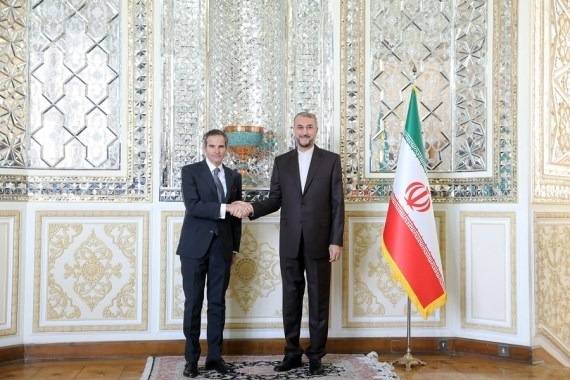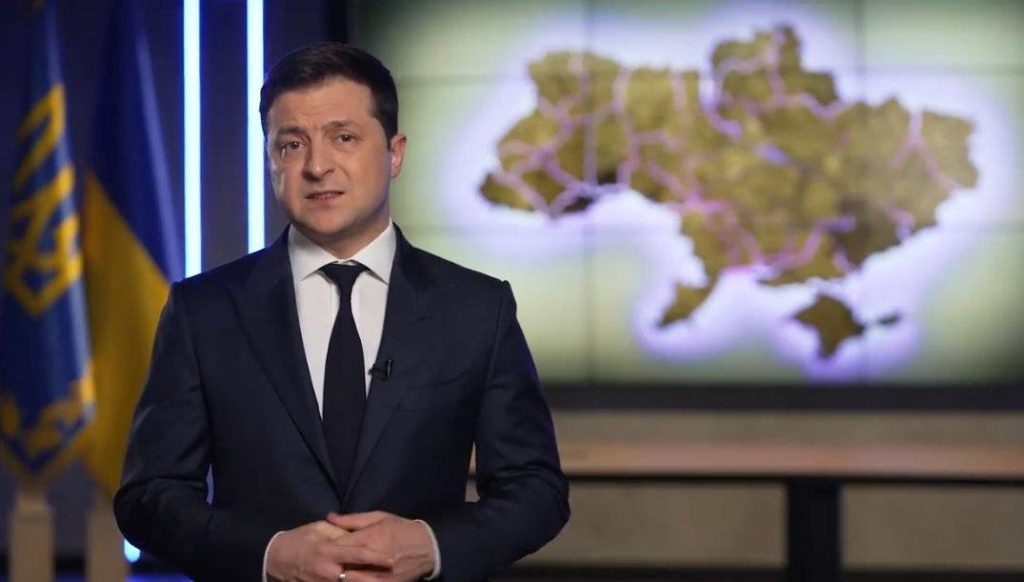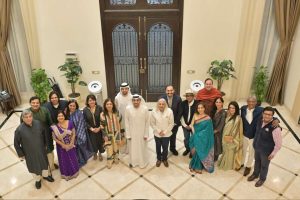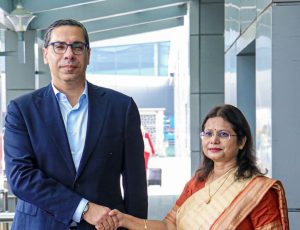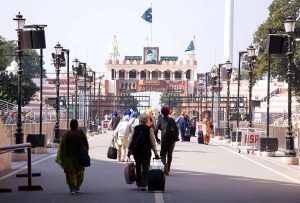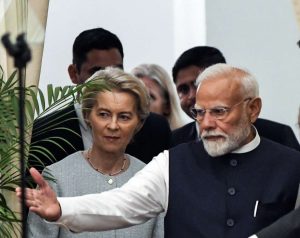Economic development, tackling unemployment and inclusive growth is the antidote for radicalisation and this needs to be implemented in Afghanistan,said Pak Senator…reports Asian Lite News
Pakistani Senator Mushahid Hussain has said that past mistakes in the context of Afghanistan should not be repeated and no proxy war should be fought on Afghan soil by the foreign countries.
Hussain, a Senator from the Islamabad Capital Territory, made the remarks at an international conference in Dushanbe hosted by the Council for Strategic Affairs, Indian Institute of Management Rohtak.
He said the solution for the stability of Afghanistan is regional and not to be determined by the West.
“Further, we must realise that Economic development, tackling unemployment and inclusive growth is the antidote for radicalisation and this needs to be implemented in Afghanistan.
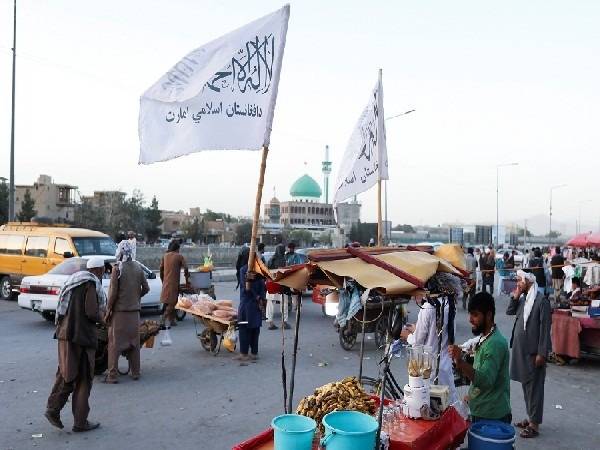
“Regional infrastructure and connectivity initiatives such as Iran-Pakistan-India oil pipeline, belt-road initiatives etc. are welcome. We need to revive the Turkmenistan-Afghanistan-Pakistan-India economic corridor as well for the economic interests of these countries particularly Afghanistan,” he added.
The conference, which focused on the topic “Framework of engagement: Afghanistan in focus of Central and South Asian nations”, was attended by representatives from all Central Asian nations, along with India and Russia. The countries came together to discuss finding innovative methods of engagement in conflict situations.
Saidov Saidovich, Professor of the Department of International Relations and Diplomacy of the Russian-Tajik (Slavonic) University, said that drug trafficking is a major reason for destabilising Afghanistan.
Revenues from drug trafficking are supporting the Taliban regime even while they have a limited acceptance in Afghanistan, he said, adding that India and Russia are the most important countries that can help stabilise the Afghan situation.
In his remarks, Prof Abdul Ghani said that the old Silk Route must be revived with the support of India through Iran. Railroads should also be developed to have greater trade relations between Central Asia and India through Iran.
Ruslan Kazkenov, Chairman of the Civic Peace Association, said that they are looking forward towards cooperation with India to get peace.
Referring to his recent visit to Afghanistan, he added that he was approached by the representatives of the Taliban government, who sought his help for providing humanitarian assistance to the people of the war-torn nations

